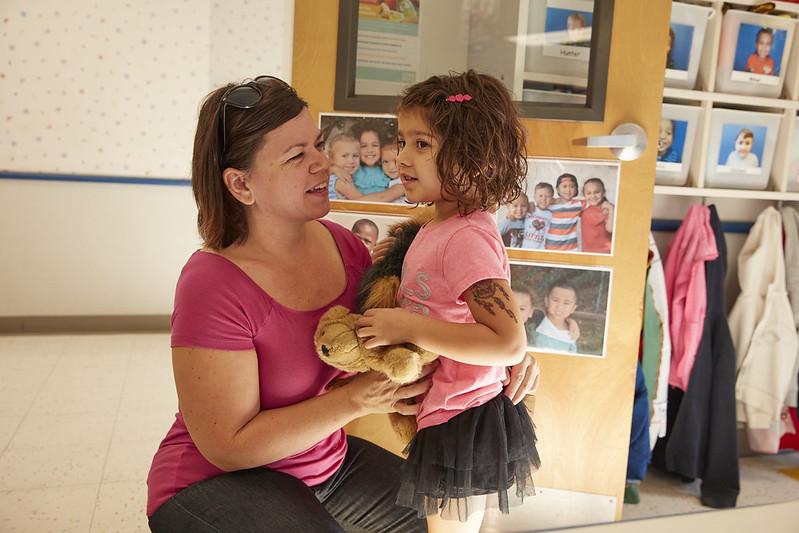Strategies for Engaging in Meaningful Conversations with Your Children


Tips for Meaningful Conversations: How to Enhance Back-to-School Chats with Your Kids
As summer days give way to the hustle and bustle of another school year, parents everywhere face the familiar ritual of asking their children, “How was your day?” While this question may seem innocent enough, it often elicits brief responses that leave parents longing for a deeper connection with their kids. To help bridge this gap, there are several strategies families can employ to transform these exchanges into enriching conversations that not only allow the children to express themselves but also address any back-to-school jitters they may be experiencing.
Understanding the Transition
Returning to school can be a significant transition for children, especially after a long break filled with freedom and fun. Many kids face anxieties about new classrooms, teachers, classmates, and the general pressures of a new academic year. It’s essential for parents to approach these conversations with sensitivity and understanding. A simple “How was your day?” may not be enough to peel back the layers of their experiences.
Start with Open-Ended Questions
One effective way to facilitate more meaningful discussions is to ask open-ended questions. Instead of asking, “Did you have fun today?” which can easily be answered with a simple “yes” or “no,” consider alternatives like, “What was the most interesting thing you learned today?” or “Can you tell me about a new friend you made?” These questions encourage children to expand on their thoughts and can lead to exciting stories about their daily experiences.
Create a Safe Space for Sharing
It’s important to cultivate an environment where kids feel safe to share their feelings and thoughts. Encourage them to express not only the highlights of their day but also any disappointments or challenges they may have faced. Phrases like, “It’s okay to feel nervous about school,” or “I’ve had days like that too,” can validate their feelings and inspire them to open up.
Use Activities to Spark Conversations
Sometimes, words can be hard to come by. Incorporating activities into your routine can make it easier for children to share their experiences. For instance, create a “school highlights jar” where children can write down a memorable moment from their day and place it in the jar. This not only makes for a fun activity but also serves as a prompt for conversation during family dinner or weekly check-ins.
Leverage Technology Wisely
In an age dominated by technology, consider using apps and platforms designed to enhance family communication. There are various tools that encourage kids to share their daily thoughts and feelings through creative prompts or journaling exercises. Utilizing these resources can help your child develop their communication skills in a low-pressure environment.
Be Present and Attentive
One of the most impactful things parents can do when engaging their children in conversation is to be fully present. This means setting aside distractions like phones and turning off the television. Make eye contact and actively listen as your child shares their thoughts. Acknowledging their feelings and responding appropriately can foster a stronger emotional connection between you and your child, making them feel valued and heard.
Timing Matters
Timing is key when it comes to these discussions. After a long day at school, your child may be tired or overwhelmed. Finding the right moment to strike up a conversation is crucial. Consider waiting until after homework, dinner, or even a family activity when they are more at ease. This can create a more relaxed atmosphere conducive to meaningful dialogue.
Reflect on the Week
As the week progresses, set aside time to reflect with your child. This can be a Sunday evening ritual where you discuss what they enjoyed during the week and what they’re looking forward to the next week. This not only helps build anticipation but also encourages your child to think critically about their experiences.
In conclusion, the transition back to school can be a challenging time for families. By employing open-ended questions, creating safe spaces, utilizing activities, leveraging technology, and being present, parents can foster deeper, more meaningful conversations with their kids. These efforts not only ease back-to-school jitters but also strengthen the parent-child relationship as they navigate the ups and downs of school life together. Remember, it’s about the journey of connection, understanding, and support—one conversation at a time.






